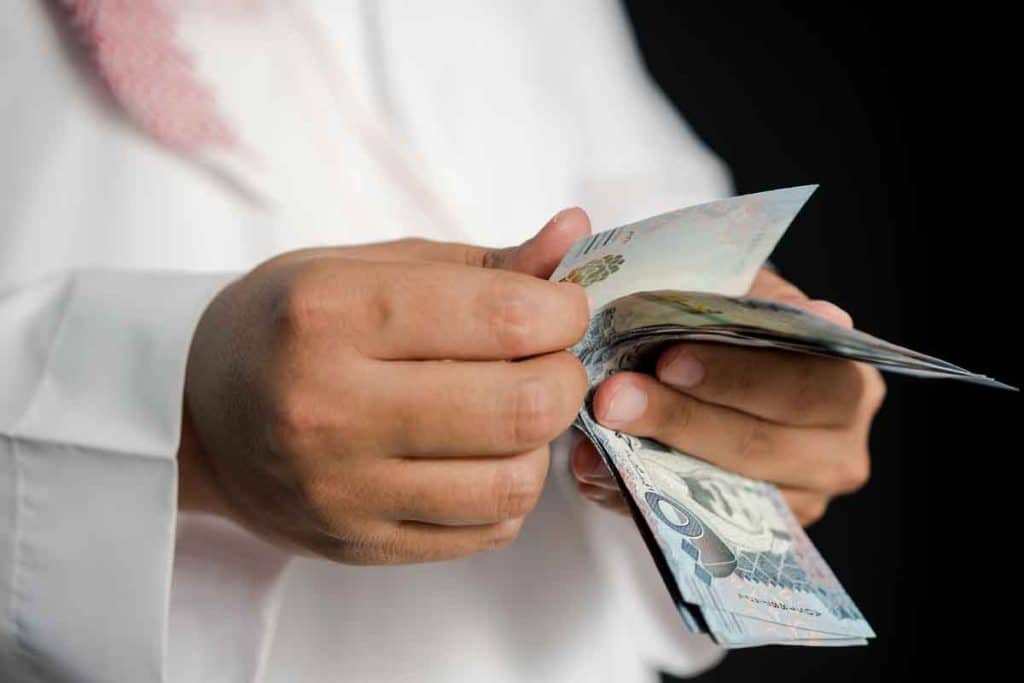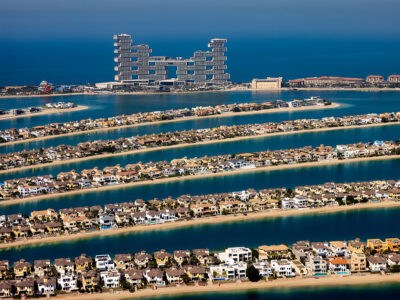Residential real estate transactions in Saudi Arabia declined 16 percent last year compared to 2022, according to a new report by global property consultancy Knight Frank.
The total number of residential property transactions dropped to nearly 150,000 between January and November 2023, the Winter 2023/24 Saudi Residential Market Review report found. Overall real estate deal volumes across all sectors in Saudi Arabia fell 17 percent over the same period to just over 177,000 transactions. The total value of all deals was also down 9 percent at SAR197.7 billion.
The falling residential sales dropped as a direct result of high home prices and rising interest rates, which jumped from 0.8 percent in early 2021 to 6 percent at the end of last year, according to Faisal Durrani, Partner and Head of Research at Knight Frank MENA.
“The residential market has experienced phenomenal price growth over the last two to three years, with prices in Riyadh, for instance, continuing to climb into record-high territory,” he said.
Apartment prices in Riyadh have continued rising, up 4.5 percent year-on-year, while villa values increased 0.5 percent. However, in other cities, property prices dipped.
“A further complication in the housing market is the structural shift in demand. Younger Saudis are delaying home ownership not only due to affordability considerations, but intra-Saudi migrants are preferentially seeking to rent, rather than own. The impetus to introduce build-to-rent stock, managed to an international standard remains a tremendous market opportunity.”
Mortgage issuance also declined sharply in 2023. The number of mortgages between January and November fell 35 percent compared to a 22 percent drop in the same period last year. Total mortgage value was down 36 percent at SAR74.2 billion.

In Riyadh, transaction volumes grew 7 percent last year, in contrast to a 21 percent drop in Jeddah and 12 percent decline in Dammam.
Saudia Arabia’s economic pulse
“Riyadh sits at the centre of the kingdom’s economic activity. It’s where job creation rates are the highest, in large part driven by Program HQ which has seen 200 companies commit to establishing their regional headquarters in the kingdom,” said Talal Raqaban, Partner – Valuation, PPP, and Deal Advisory.
“Even with 241,000 homes due to be delivered by 2030, the projected doubling of the population over this period to 16 million will still result in a housing shortfall of 1.5 million units”.
Meanwhile, residential deals in Jeddah registered a steeper 21 percent fall to 18,897 transactions. Both sales value and average villa prices eased off slightly.
“The decreasing number of transactions is affecting the value of transactions throughout the kingdom, with the main reason being an increase in interest rates, which is leading to affordability issues,” said Yazeed Hijazi, Associate Partner – Co-Head of Real Estate Strategy & Consulting, based in Knight Frank’s Jeddah office.
“The government is working on ways to revive demand in Jeddah through new large-scale real estate and infrastructure projects, which are expected to boost job creation rates and housing demand levels in the medium to long term.”







